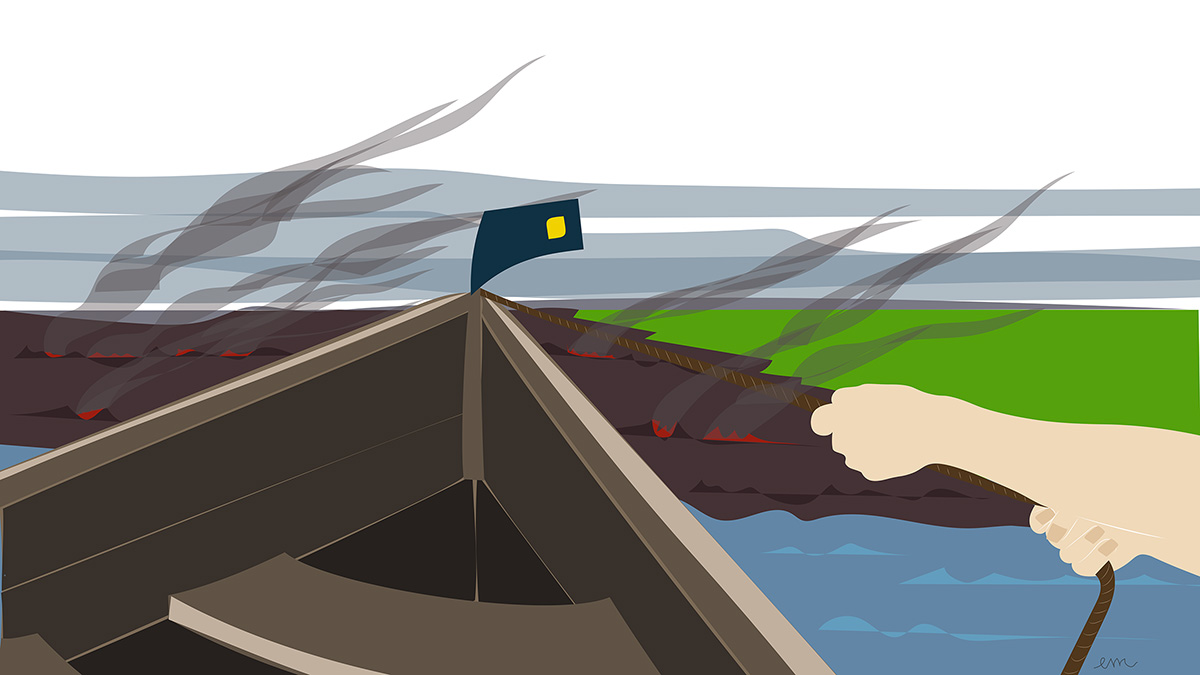
“The grass that grows after the fire has the smell of smoke” says the Native Indian proverb. What is left of a crisis, when the hustle and bustle of life has removed its urgency and focus? What remains is the smell of smoke… Which brings the crisis back to what it is not – an event, unique and relinquished to time. The crisis phenomenon, and its reputational impact, become a perennial element of daily life rather than an episode to be overcome.
Resilience to the crisis does not lie in the ability to overcome it and build a new “normal”, in forgetting – or seeking to forget – the past. It lies in the “living with”, a concept that chronically ill people know – alas – too well. Managing the aftermath of the crisis means learning to master a long period of time alongside the “smell of smoke”. It means accepting this as part of a new identity added to that which was carefully constructed and guided by another vision. It is, in the end, to accept a form of vulnerability which resembles the piece of adhesive tape which the famous Captain Haddock from The Adventures of Tintin cannot manage to rid himself of…
“Living with it” requires that we be prepared for the unexpected return of the past. An existentialist approach to the crisis assumes its imprint as part of one’ s identity but also shows that in overcoming it we have built a reflex of freedom and resilience. The techniques that allow us to weigh the relative importance of events and to bridge easily from one subject to another prove to be useful here.
Every crisis is a chestnut tree whose roots, as we know from Jean-Paul Sartre, are nauseating. Blessed is he who believes in his own oblivion.
We will regularly share our surprise, our thoughts, our favorites or critics on salient concepts, striking ideas, emerging projects…
Subscribe to our Newsletter to get our freshest posts from our Blog!